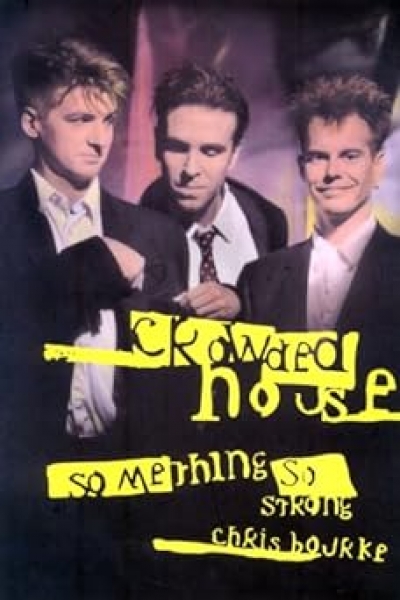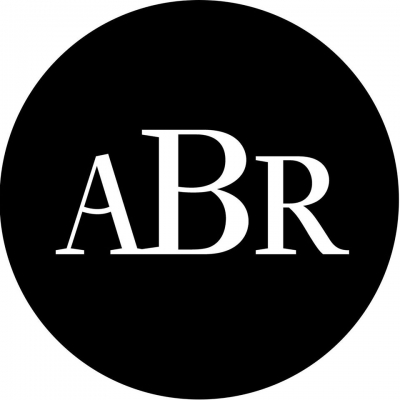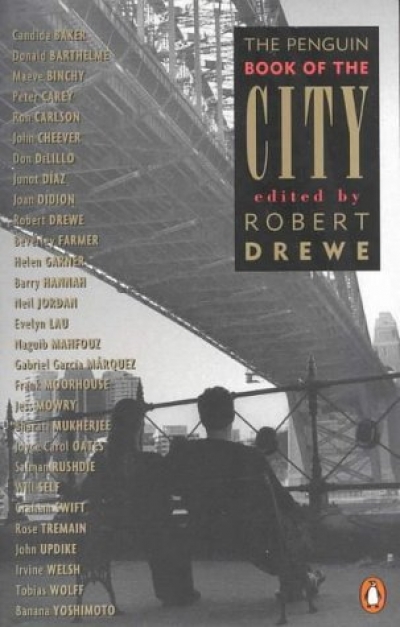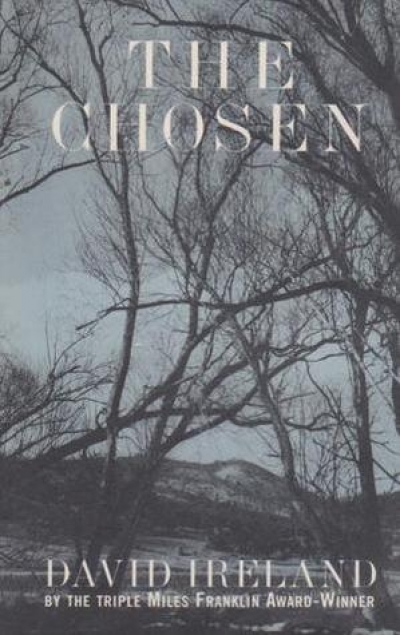Archive
From Gerard Hayes
Dear Editor,
If Mark Davis had wanted to concoct a parody of babyboomer fogeyism, he could hardly have done better than Peter Craven’s review of Gangland. Opening with a quotation from Anthony Powell and doing his best to parrot the Powellian tone of bored hauteur, Craven details the shortcomings of Davis’s age: not young – in fact a ‘late bloomer’ – but still not old enough to know better, indeed ‘rather earnest and plodding’.
Disreputable Profession: Journalists and journalism in Colonial Australia edited by Denis Cryle
Just what is the difference between a reviewer and a critic? It seems a question of status, based in turn on the frequency and quality of the reviewing. On the other hand, the critic is suggestive of reflective articles and/or books, whereas the reviewer is offering a first reading, a virginal reading so to speak, without the opportunity for prolonged reflection. Nor properly should there be such aftermath reflection, because the review presents itself, by definition, as a first response.
... (read more)The Silence Calling: Australians in Antarctica 1947–97 by Tim Bowden
Like much else about this novel, its title The Chosen is not the relatively straightforward affair it may, at first, appear to be. One assumes for the first hundred pages or so that the ‘chosen’ are those citizens of the small NSW Southern Tablelands town of Lost River who have been chosen by a randomising computer program to have their lives represented in the commemorative tapestry being woven as a civic project along with two other pet Town Council proposals, a new jail and a high-temperature incinerator. It’s a mode that critic Ken Gelder has called ‘dark pastoral’.
... (read more)

